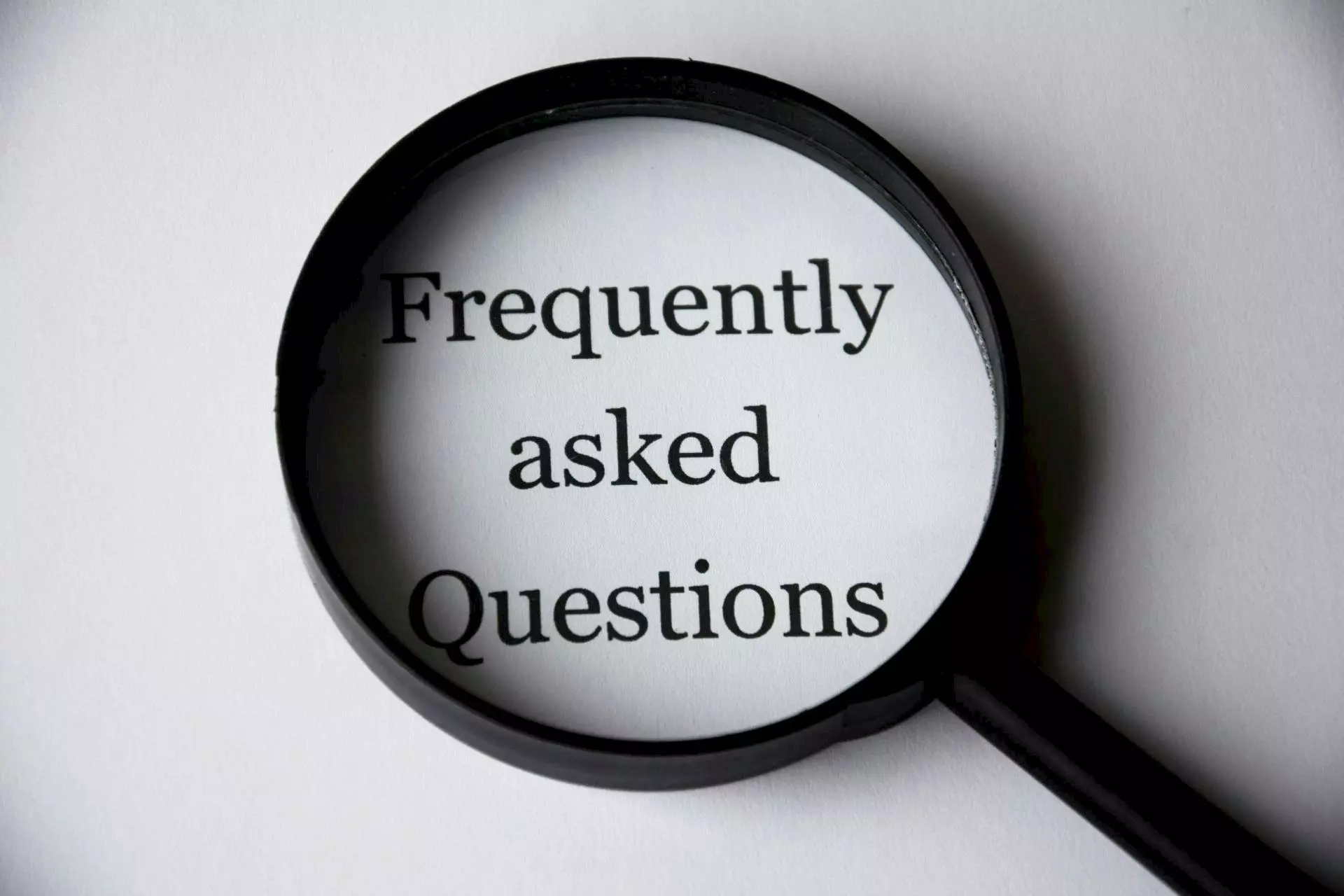Autism Spectrum Disorder (ASD) is a complex and multifaceted neurodevelopmental condition that affects individuals in varying degrees. Understanding Autism is crucial for fostering a supportive and inclusive environment. If you’re a parent navigating the journey of raising a child with autism, you likely have many questions about autism and ABA (Applied Behavior Analysis) therapy. Our goal is to provide reliable and empathetic information to help demystify ASD and promote awareness and understanding about ABA Therapy.


Autism Spectrum Disorder, or ASD, is a developmental condition that affects how a person communicates, interacts socially, and processes information. It’s called a “spectrum” because the symptoms and their severity can vary widely from one person to another. Some children may struggle with speech and sensory issues. Others might do very well in areas like memory or art.
Although everyone with ASD is unique in their own way, people with ASD share some common experiences. According to the DSM, which defines mental and behavioral health disorders, the core symptoms of ASD include:
 1. Persistent deficits in social communication and social interaction, which include:
1. Persistent deficits in social communication and social interaction, which include:
2. Restricted or repetitive behaviors, interests, or activities, which may include:
The cause of autism or ASD is unknown. People of all races, nationalities, and socioeconomic statuses can experience autism. Some factors make it more likely for someone to have the condition. For instance, some scientific evidence suggests that a child is more likely to be diagnosed with autism spectrum disorder if they also experience one of the following:
Science suggests that genetics and environmental factors play a role in the development of autism spectrum disorder. These factors interact in complex ways, shaping the experiences of individuals on the spectrum.
Signs of autism can sometimes be identified in children as young as one year old or even earlier for some children. Some kids may reach normal development milestones in their first year. However, they might lose skills they learned in their second or third year.
Signs of autism can be present at any age, but there are some traits of ASD that can be identified during early childhood. Some early signs of autism that may be present specifically between 18 months and three years of age include:
Concerned about autism? Behavioral Innovations provides in-person and virtual autism testing services. To know more, submit a short form to schedule an appointment.
ABA therapy is a science-based approach to understanding and improving behavior by breaking skills into manageable steps. We focus on positive reinforcement to help children achieve meaningful milestones. Therapy sessions are tailored for each child. This helps them focus on skills that are important for their growth and well-being.
ABA therapy supports skill-building in areas like communication, social interaction, and daily living. At Behavioral Innovations, we work on reducing challenging behaviors while promoting your child’s independence. Our goal is to help children reach their full potential. We want to create real progress in school, at home, and in the community.
Most insurance plans cover ABA therapy. Behavioral Innovations accepts most major insurance providers. Our experienced insurance specialists can help you understand how to use your insurance for ABA services. In addition, we can help you determine the exact coverage eligibility and benefits that your insurance provider offers.
Behavioral Innovations accepts the following insurance plans:
|
|
Your child can learn many skills that help them be more independent and improve their life. These skills include communication, like asking for help, making requests, and having conversations. We also focus on social skills, such as sharing, taking turns, and understanding social cues. Self-help skills are important too. These include dressing, eating, using the toilet, and personal hygiene. We teach these skills through practice and positive reinforcement. By using real-life situations and fun activities, we help your child use these skills every day.
Therapy hours are designed for your child’s specific needs and goals. They can range from 20 to 40 hours each week. Intensive programs, which are 20 hours or more, are often best for younger kids or those with greater needs. This helps them make the most progress. We look at factors like age, family schedules, and goals when creating a plan. Balancing therapy with play and rest helps ensure your child has a positive experience.
Yes, ABA therapy uses proven methods to understand and address the causes of challenging behaviors like tantrums or aggression. Our therapists work closely with families to find triggers and use proactive strategies to prevent these behaviors. We use positive reinforcement to teach better ways to express needs or handle frustration. Over time, these strategies help create a calmer and more supportive environment for your child.
ABA therapy is special because it is tailored to each person, based on data, and aims for clear results. Unlike other therapies, ABA uses a structured method. It breaks down complex tasks into smaller, teachable steps and builds on progress over time. Therapists collect data continuously to adjust strategies based on what works best for your child. This level of customization and accountability helps ensure steady and meaningful progress.
The duration of ABA therapy is flexible and depends on your child’s specific goals and rate of progress. Some children achieve their goals within a year, while others may benefit from ongoing support over several years. Regular assessments ensure therapy is continuously adapted to your child’s growth. As your child learns new skills and becomes more independent, therapy may be slowly reduced. It may also change to focus on maintenance.
We believe every child is unique and deserves an approach tailored to their strengths and preferences. Positive reinforcement is a cornerstone of ABA therapy, ensuring your child feels supported and motivated. Our therapists create a fun and nurturing environment where children are encouraged to learn at their own pace. Regular collaboration with families ensures we respect cultural values and individual needs while working toward meaningful goals.
 Do You Suspect Autism?
Do You Suspect Autism?